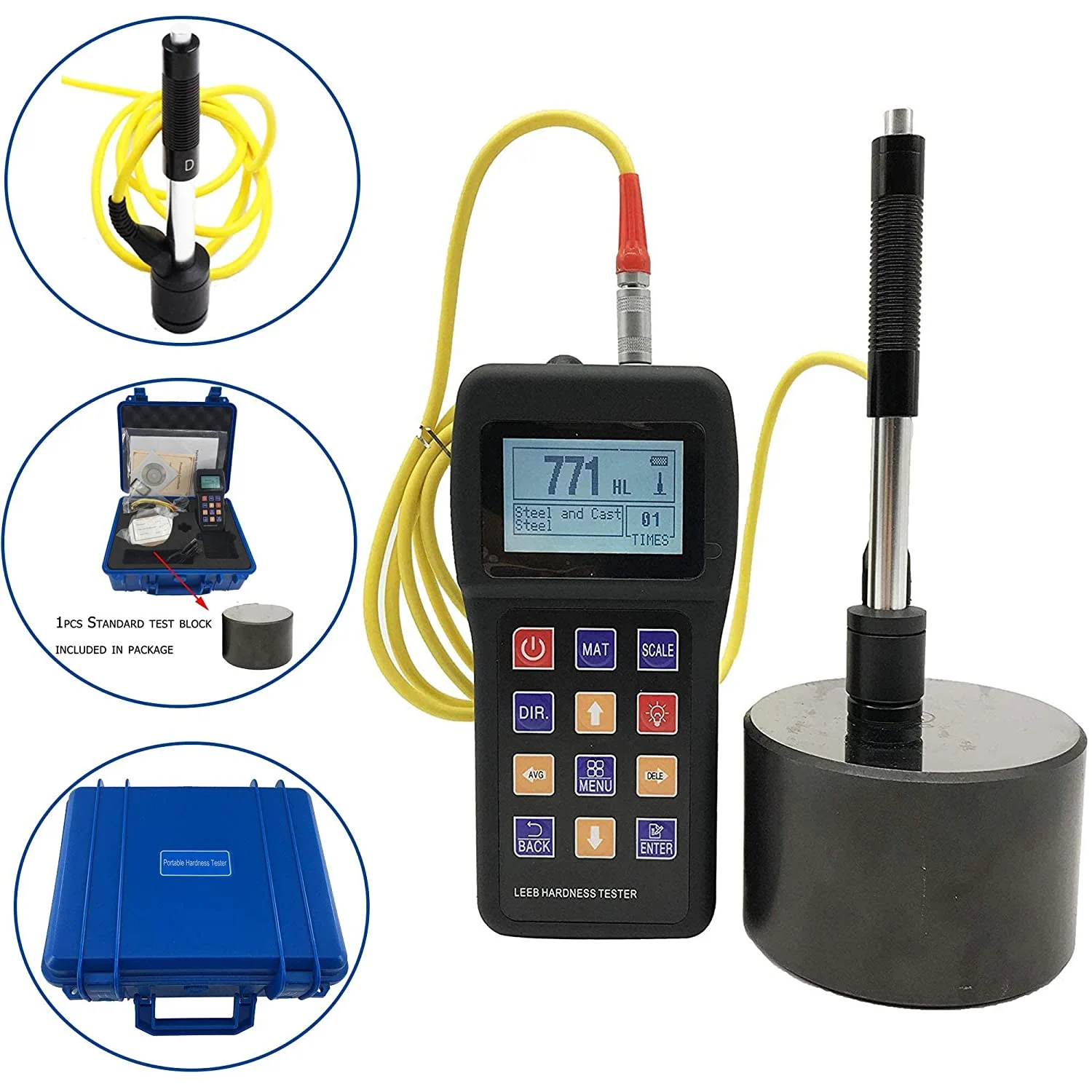The hardness test is the most widely used test for evaluating the mechanical properties of metals and other materials. Zengary’s team is trained in field hardness testing, producing immediate results without damage to your components. The purpose of the hardness test is to determine the suitability of a material for a given application, conformance to a specification, standard, or particular treatment to which the material has been subjected (heat treatment, thermal process). Our team is expertly trained to perform hardness training for every industry sector including:

hardness testing
Hardness testing is typically performed on new components but can also be used on in-service components to identify any issues. Hardness testing can reveal susceptibility to cracking as a result of exposure to environmental constituents such as hydrogen sulphide. It can also identify degradation and softening as a result of exposure to elevated temperatures (e.g. fire damage). For some metals, hardness test results can be used to estimate the material’s tensile strength, using ASTM E140 Conversion tables.
Portable hardness testing devices were developed because bringing a stationary Brinell, Rockwell or Vickers tester to the field was impractical . In addition, it is not always practical to cut samples from a component to have hardness testing performed under controlled laboratory conditions.
At Zengary, hardness testing is performed by only experienced technicians who are qualified to Zengary procedures, industry standards, and client specifications to obtain reliable, precise measurements. There are several variables that affect the accuracy and repeatability of hardness testing performed in the field including:
-
The operator
-
Surface condition
-
Material geometry
-
Material thickness
-
Metallurgy
Each of these variables must be considered when selecting the appropriate test method, and the Zengary team has the knowledge and experience to get the job done right.
Contact Zengary For Hardness Testing Solutions
Contact us online to get in touch with a Zengary representative about our Hardness Testing services


